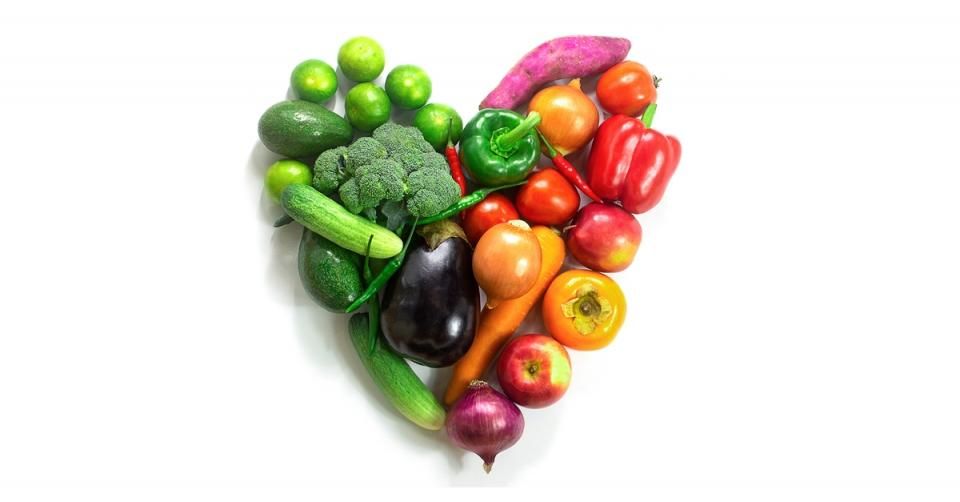
One of the heart-specific diets, called DASH, had the biggest impact on blood pressure, reducing levels by 8.74/6.05 mmHg compared to the normal diet. This drop would translate into a 14 percent reduction in strokes and a 9 percent fall in heart attacks.
It doesn’t mean you have to go vegetarian or vegan, say researchers from the University of Warwick. Your diet can still include meat and dairy, but it’s important that plants take up a bigger share of the plate.
The researchers looked at the impact on blood pressure levels of seven different plant-based diets, including DASH (Dietary Approaches to Stop Hypertension), the Mediterranean, Vegetarian, Vegan, Nordic and high fiber and high fruit and vegetables.
An unhealthy diet of processed foods and drink is responsible for more deaths than smoking, alcohol abuse, drug use and unsafe sex combined, the researchers say. A plant-dominant diet could save up to 4.9 million lives a year.
The seven heart-healthy diets:
From now on, you won’t be able to buy WDDTY in a store, as we are reverting to a subscription-only magazine. The reason goes to the very heart of what this publication stands for. As a newsstand title, we were being censored in all sorts of subtle and not-so-subtle ways by a retail trade that chose never to support press freedoms. But we don’t want to stop you from getting vital information which is why we’ve curated this special subscription offer just for you. By subscribing you can still get direct access to all this information every month, via a subscription, as thousands of others do.
(Source: Journal of Hypertension, 2020; doi: 10.1097/HJH0000000000002604)